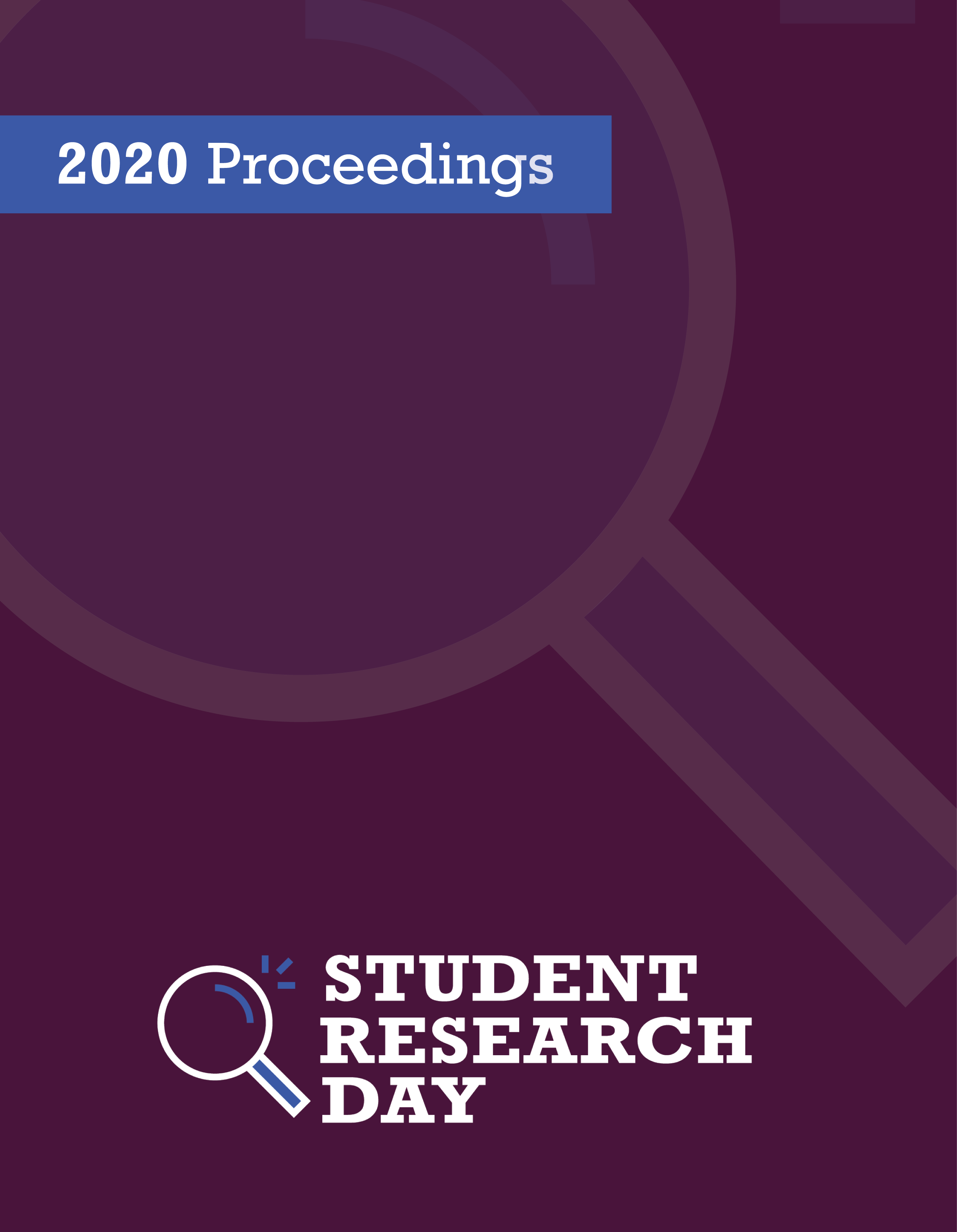Unknown Cost
The Psychological Implications of Animal Rescue Work
Abstract
Tens of thousands of abandoned and orphaned animals are taken in by rescue organizations across Canada every year. These animals are then rehabilitated by caring individuals who often work as volunteers. While the plight of the animals and the financial toll associated with their rescue is made clear through aid requests by organizations, very little attention has been paid to the effect this work has on the humans involved (Englefield, Starling, & McGreevy, 2018). Research has revealed that animal health care professionals (AHCPs), such as veterinarians, experience higher-than-average levels of psychological distress due to the nature of their work (Nett et al., 2015; Polachek & Wallace, 2018). Animal rescue workers (ARWs) experience many of the same stressors as AHCPs, and what little research has examined ARWs suggests that the psychological consequences they face may be even more severe (Figley & Roop, 2006). Our study was designed to systematically examine the work-related stressors and associated mental health ramifications of animal rescue workers across Canada. As predicted, we found significant correlations between respondent scores on measures of depression, compassion fatigue (which includes secondary traumatic stress and burnout), and trauma. Furthermore, scores on some measures were correlated with the types of animals rescued, and the tasks that ARWs performed. Overall then, our research demonstrates that depending on the stressors that they are exposed to, individuals who work in animal rescue within Canada are at risk of experiencing detrimental psychological outcomes associated with their work.
Presented in absentia on April 27, 2020 at "Student Research Day" at MacEwan University in Edmonton, Alberta. (Conference cancelled)
Faculty Mentor: Eric Legge
Department: Psychology
NOTE: This work is available to MacEwan users only at https://roam.macewan.ca/islandora/object/gm:2137
References
Published
Issue
Section
License
Authors retain any and all existing copyright to works contributed to these proceedings.



